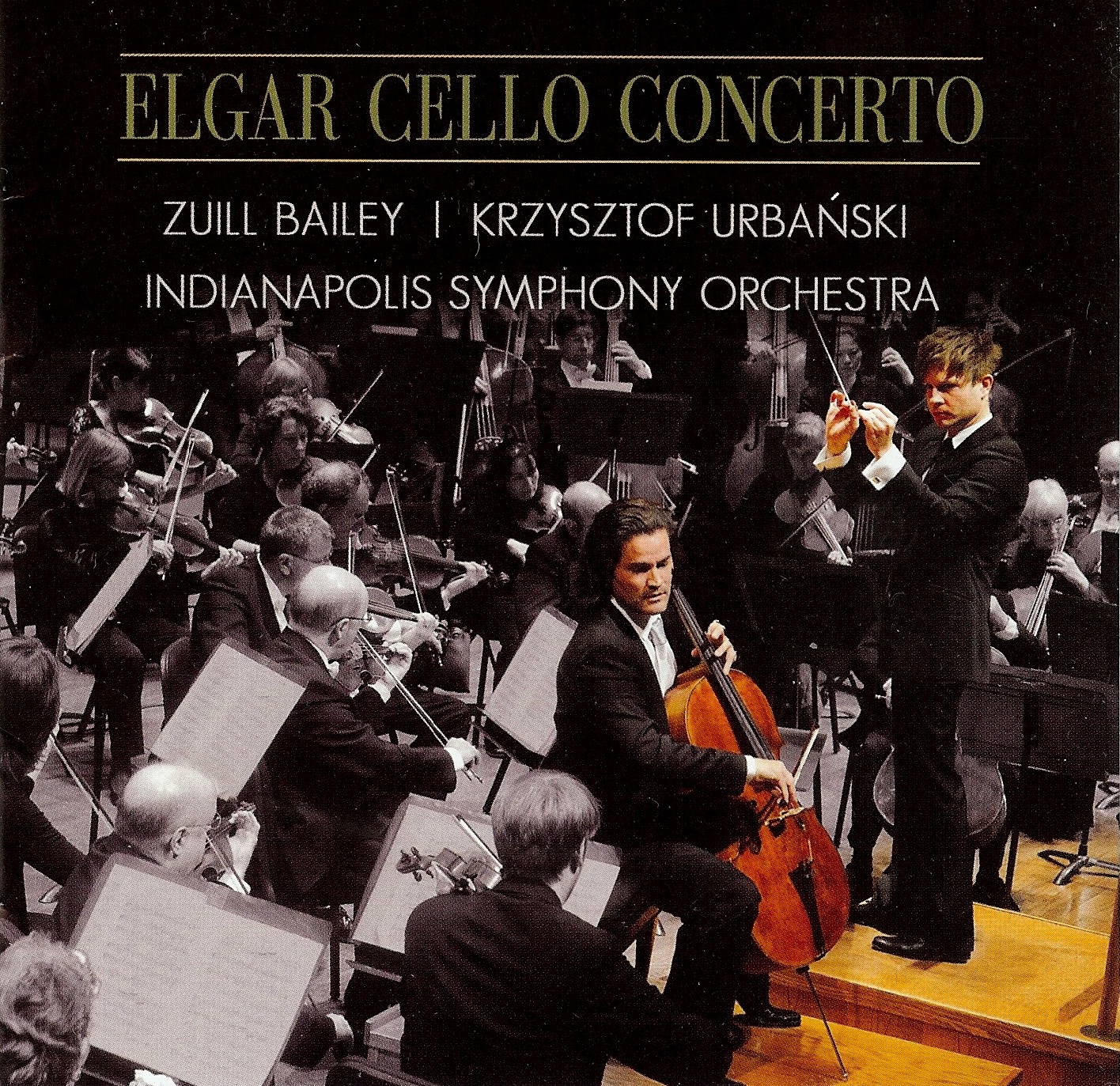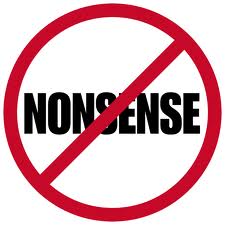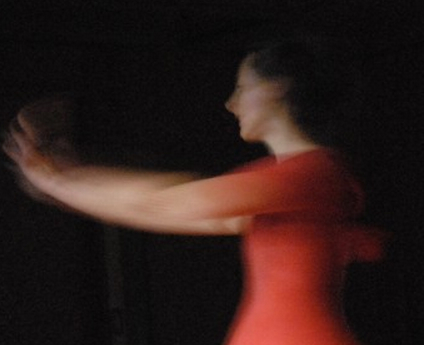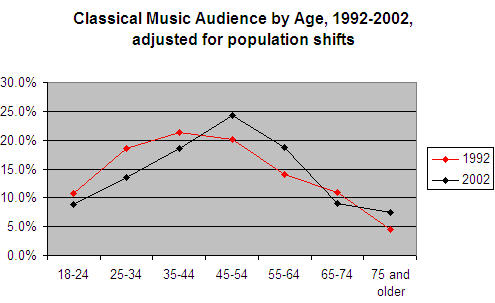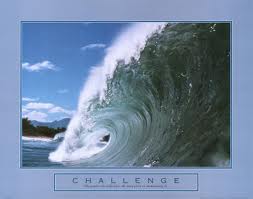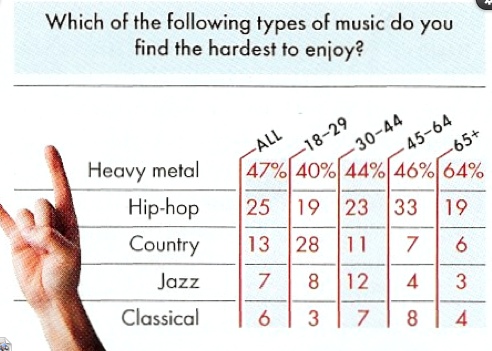[contextly_auto_sidebar] So now — continuing about changes in the conservatory curriculum — some thoughts about how to teach music history and theory. And remember that I’m offering free consulting sessions to anyone who’d like to talk about these issues. I can help! Contact me. I might note to start that there might be classes on what’s happening now. What’s the state of classical music? What are the problems in the field, how are things changing? And why — in language we could use with nonbelievers — is classical music worth … [Read more...]
From Lara Downes: Here at the Exiles’ Cafe
[From Greg: I'm happy to introduce the first of our guest bloggers. Lara Downes seemed like a perfect choice, because she'd already emailed me about some classical CD covers she likes, and because the explosion of comments on her own CD image almost cried out for a response from her. I'm happy that she made one — in a very friendly, companionable way — and I'm delighted to think we might hear from her from time to time about all of her work. She's a fine example of an entrepreneurial classical musician.] Well, I've been enjoying the lively … [Read more...]
Fail
Even while classical music changes — see my last post — it keeps showing why it needs to change. Case in point: the cover of a CD that came in the mail: Ugly! And completely unconvincing, if we're supposed to believe this recording is anything we'd want to hear. The conductor looks like he's a stiff 14 year-old. The cellist looks blah. The, um, artistic device of putting the orchestra in black and white while the conductor and soloist are in color doesn't work, because the conductor and soloist don't stand out enough. (And what are the … [Read more...]
The culture gap (2)
Too many people in classical music talk like this. I'm thinking of Daniel Barenboim, quoted about his latest recording of Beethoven's symphonies, a project he and his people call "Beethoven for All": Many people feel or think, without really knowing, that music is somehow elitist – that it is for people who can afford the money and the time; it’s something that has only to do with leisure. But music is not elitist. On the contrary. Music is not only not elitist, music is universal. Even though all the great composers of the past are … [Read more...]
Programming for a new audience — things that worked
So why does Lincoln Center's White Light festival matter? I mentioned it in my last new audience post, and listed next season's programs: U.S. premiere of Rian, performed by Ireland’s Fabulous Beast Dance Theatre Virtuoso Wang Li plays jaw harps and calabash flute N.Y. premiere of choreographer Akram Khan’s Vertical Road Cameron Carpenter plays Bach on the Alice Tully Hall organ Mahler’s Das Lied von der Erde, arranged for chamber orchestra, conducted by Matthias Pintscher, and performed by pianist Emanuel Ax, members of the New York … [Read more...]
Programming for a new audience: one example
And now to some specifics -- how classical music programming (repertoire) could change, in the new world we'll be in when we've found a new audience. Or, of course, how we'll need to change what we offer, to be part of the culture our new audience lives in. I'll describe a concert I saw at the University of Maryland, created by students at the National Orchestral Institute (NOI). It shows one approach. But before that, a word about Boulez and Godard, in my last post. I said Boulez, the leading advanced musician in '50s and '60s France, … [Read more...]
Building a young audience (proof of culture change)
Well, proof is a strong word. But I'd think that the aging of the classical music audience -- over just about a 50-year period -- is a very strong sign that our culture has shifted. And shifted away from classical music. But first a step backward. I'm writing more posts in my current series than I expected to. So to get reoriented: My main thesis is that building a new, young audience for classical music ought to be our most urgent priority. Why? Because we're losing the audience we have, and there will never be another audience -- or at least … [Read more...]
Building a young audience (more on the culture change)
There's a quite a lot to read on the changes in our culture, the ones I've been saying that leave classical music behind. For instance: The section on nightlife from Richard Florida's well-known book, The Rise of the Creative Class. Florida describes people whom he thinks are central to any city's economic growth, young, smart, curious, creative people, the people corporations would most like to hire. Florida's thesis about how crucial to economic growth they are has been disputed, but his description of them sounds exactly right to … [Read more...]
Building a young audience (second part)
Back in the '90s, I was music editor of Entertainment Weekly, which meant I was plunged into pop music. I had a girlfriend who worked at the magazine, someone with no classical music background, and also without any fancy taste in pop music (which I don't mean as any kind of criticism). She listened to what everyone else like her listened to. No art rock, no challenging indie bands. One Sunday morning, we were at my apartment, and she asked if I'd put on some classical music. So I put on something Baroque, maybe Handel's Water Music. She … [Read more...]
Why audience beats advocacy, every time
My last post got a bigger, happier response -- here, and on Twitter and Facebook -- than anything I've written in many months. So here's more. A quick summary of what I'm going to say: The classical music business loves to do advocacy (which we also see being done for the arts generally). Which means going out in the community and trying to show we're valuable. But if we filled our halls with an excited new audience, we'd have nothing to prove. And our future would be secure! So why isn't that our absolute highest priority? In my last post, … [Read more...]
The great change
In my last post, I said that classical music needs a huge change. And the change will have to be radical. Classical music needs to lose its sense of entitlement, the belief many of us in the classical music world have that classical music is supremely important, necessary for any civilized society, and therefore has to be supported -- financially, by our schools, and in many other ways. To see why I think this, go back a generation or two or three, let's say to the 1940s and '50s. Classical music, back then, had a working ecosystem. It was … [Read more...]
A wild time
It's a wild time for classical music. That's the headline on my home page. And it's the opening sentence of the revised and final version of my book. Why is this a wild time? First because of the classical music crisis -- declining ticket sales, a shortage of funding, an aging, shrinking audience, all these things we've talked about for so many years. And, of course, lying behind all that, there's the sense we've all had that classical music -- at least for the past generation -- has been growing more distant from the rest of our … [Read more...]
Classical music is easy
Many of us think classical music is difficult, inherently difficult. That complexities of form and musical process aren't readily heard, without education in classical music, and that this is why people -- so many of them -- don't care to go to classical performances. But a survey conducted in March by 60 Minutes and Vanity Fair suggests otherwise. You can read the results in the June issue of the magazine, the one with Marilyn Monroe on the cover. (Look for page 56.) More than 900 people all over the US were asked which type of music they … [Read more...]
My Shostakovich (continuing)
So I was listening to Jenny Lin's recording of Shostakovich piano preludes and fugues, and thinking back to my graduate school days, when Shostakovich was a nonperson among atonal composers. But, far more, I was hearing how vital the music is. Preludes and fugues seem like archaic forms, and you'd think anyone writing them in 1950, when Shostakovich started his, would have the weight of Bach bearing down on him. But of course the music doesn't sound archaic. It's the usual Shostakovich mix, which -- and I just love this about him -- … [Read more...]
Let’s trust our supporters
I'm amazed, truly amazed, at some of the pushback my recent posts have gotten. And maybe what amazes me most is the idea that we're going to hurt orchestras -- and all of classical music -- by talking about things that might be bad news for the field. Such as financial trouble, or declining ticket sales. Why do people say that talking about bad news will hurt us? Because -- allegedly -- it will scare away our supporters, especially those who give us money. Amazing. If we believe that, then we believe: (a) that our supporters (ticket … [Read more...]



